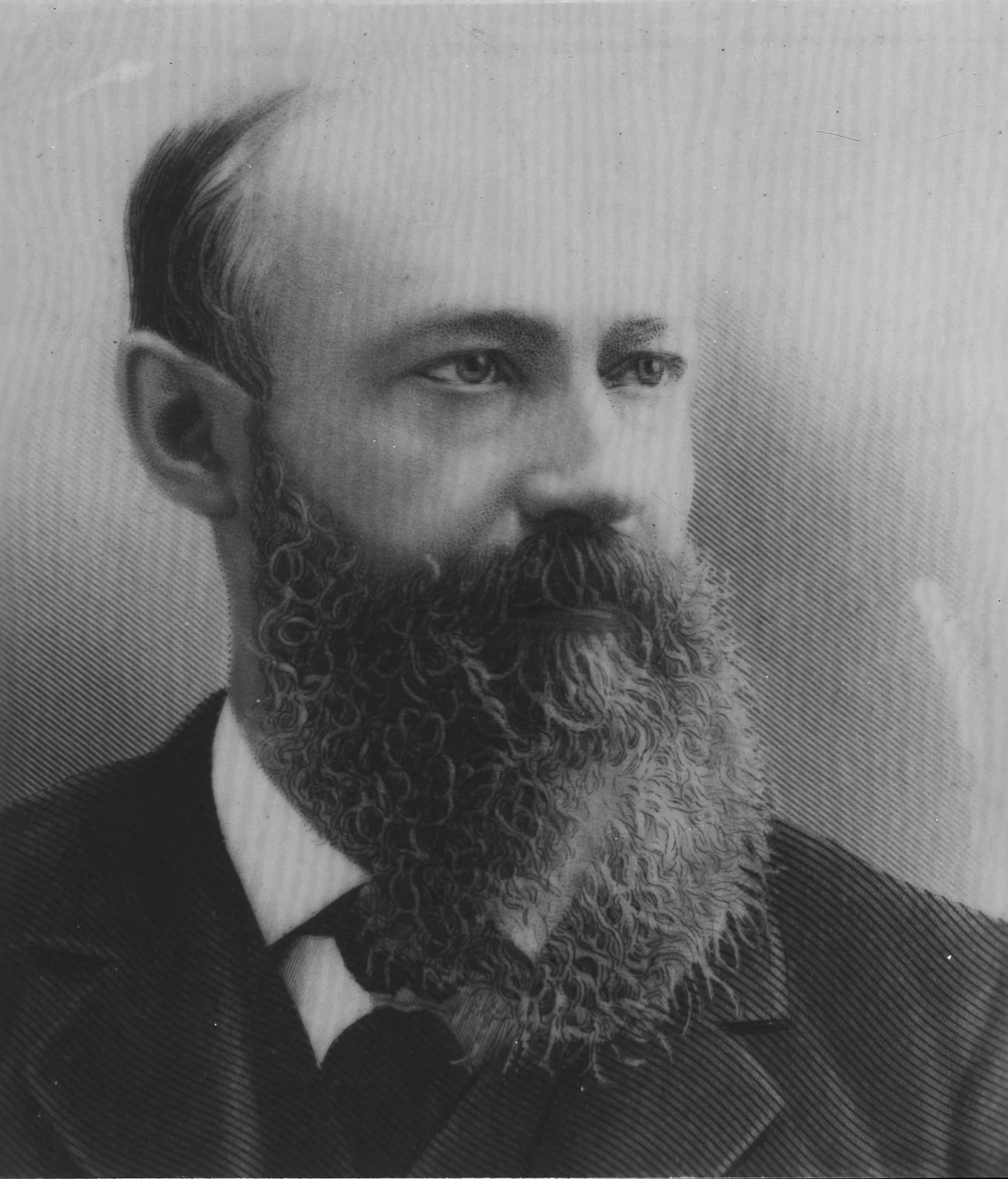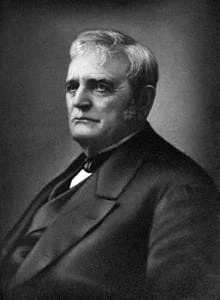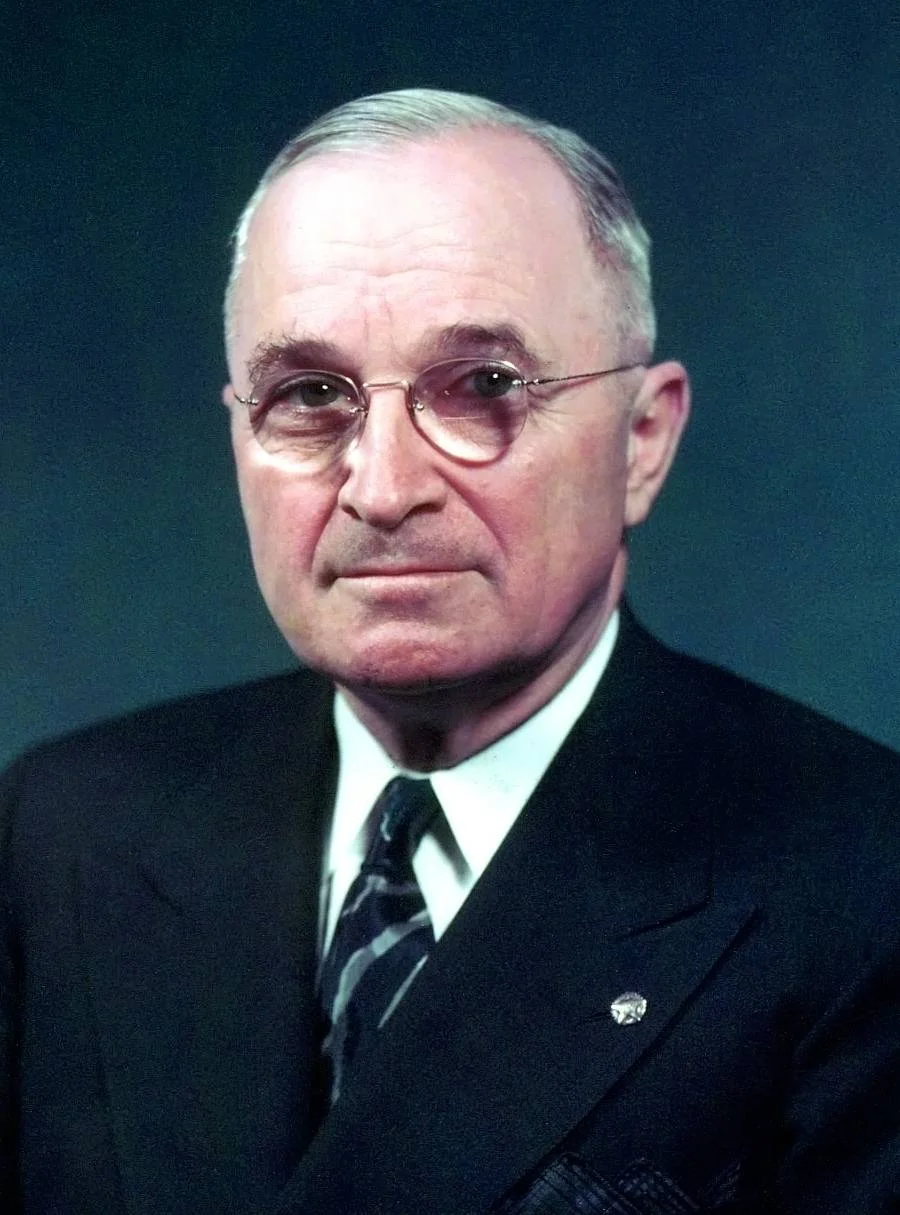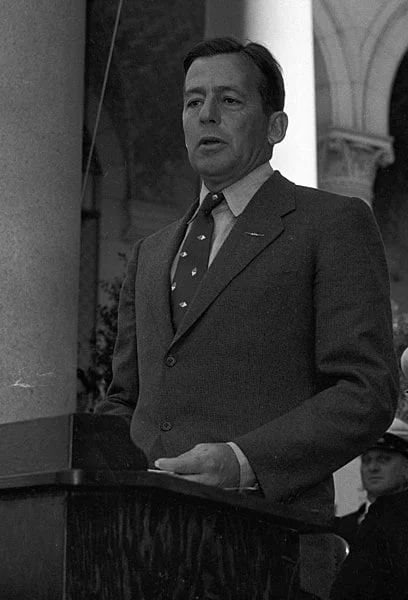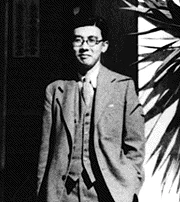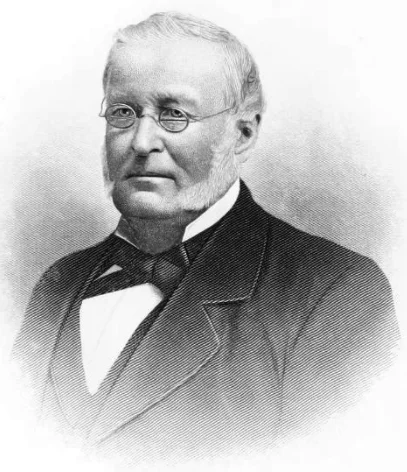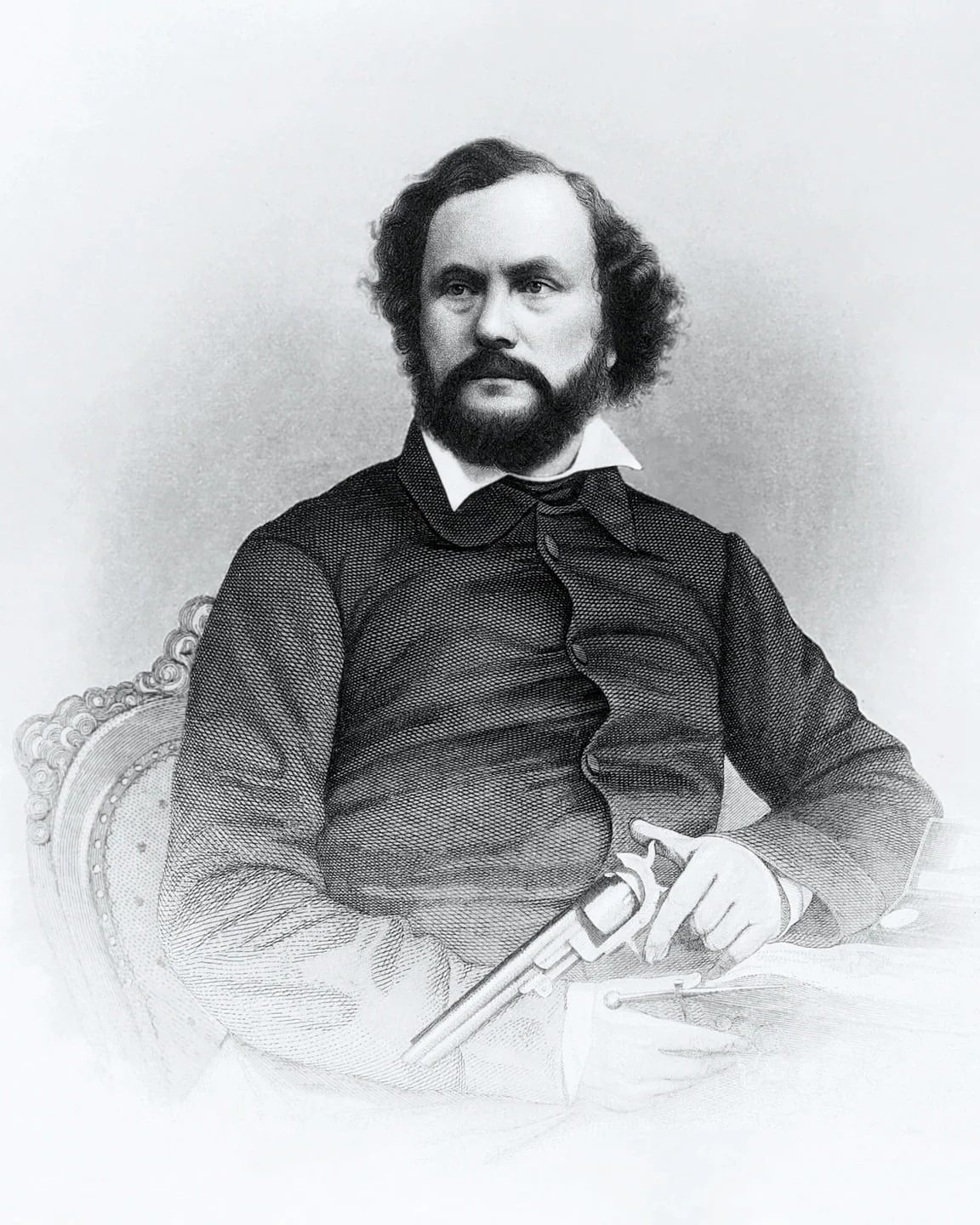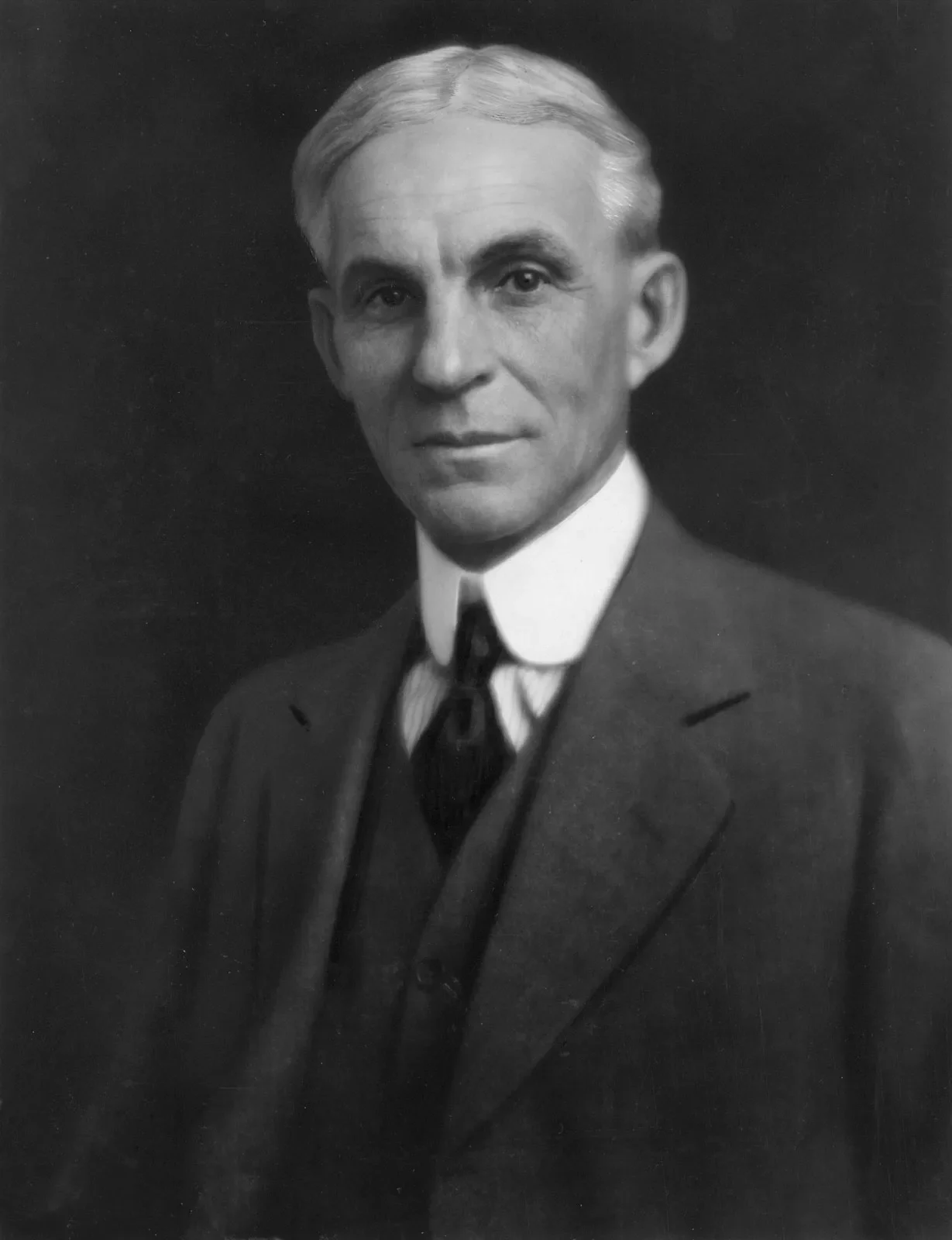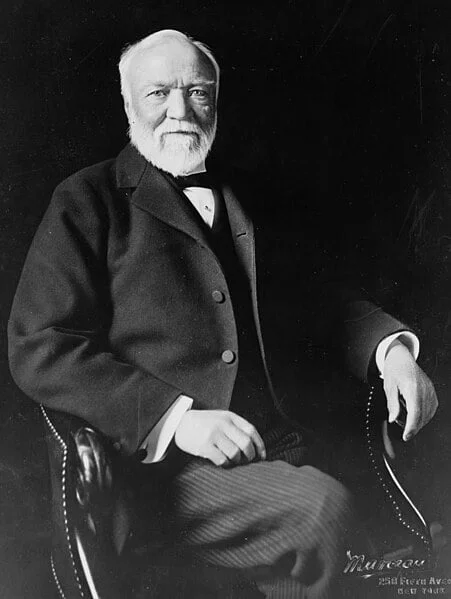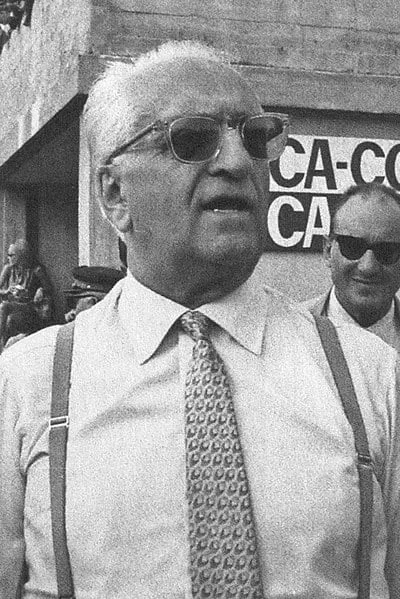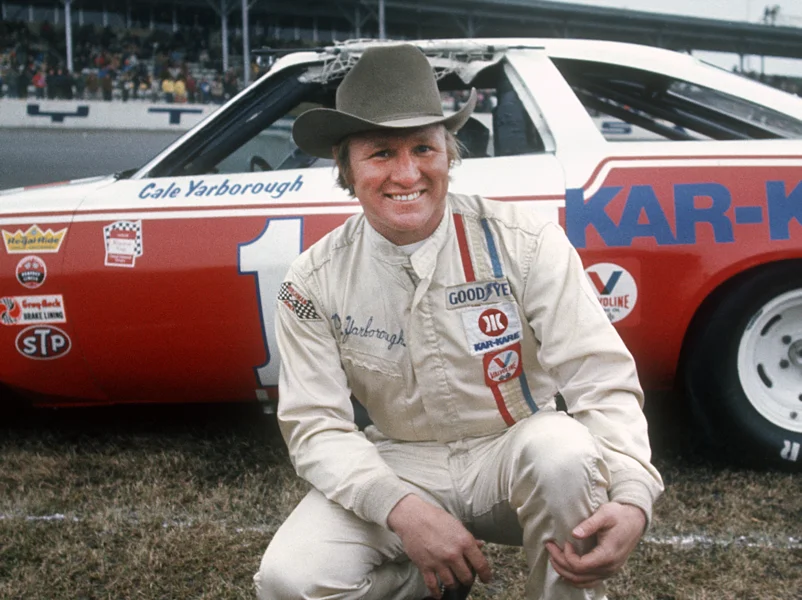Real Celebrities Never Die!
OR
Search For Past Celebrities Whose Birthday You Share
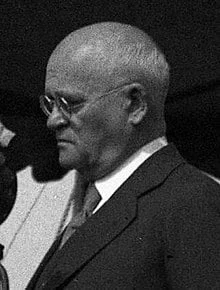
source:wikimedia.org
Will Keith Kellogg
Birthday:
07 Apr, 1860
Date of Death:
06 Oct, 1951
Cause of death:
Heart failure
Nationality:
American
Famous As:
Farmer
Age at the time of death:
91
Will Keith Kellogg's Quote's
Early Life and Background
William Keith Kellogg, aka Will Keith Kellogg, was an American industrialist in food manufacturing who is best known for his involvement in the creation of Kellogg’s cereal company. W.K. Kellogg was born on April 7, 1860, in Battle Creek, Michigan. He was also known for founding the Kellogg Arabian Ranch, which breeds Arabian horses. He was the seventh child of Ann Janette Kellogg and John Preston Kellogg. They were Seventh-Day Adventists, which influenced many aspects of Will Keith Kellogg’s life, including his dietary and lifestyle choices.
Kellogg was brought up on a farm and had limited formal education. By the time he was 14, he had dropped out of school to work in his father’s broom company. In 1881, he took a three-month business course at Parson’s Business College in Kalamazoo, Michigan.
Career Beginnings at the Western Health Reform Institute
Will Keith Kellogg began working at the Western Health Reform Institute, which was run by his brother Dr. John Harvey Kellogg, in Battle Creek, Michigan. The institute focused on various health treatments and therapies, including hydrotherapy, phototherapy, and thermotherapy. Here, Kellogg developed a passion for health and nutrition, which later influenced his career.
Invention of Flaked Cereals
In 1894, while working at the sanitarium, Kellogg stumbled upon his most notable invention—the process of creating flaked cereals. He left a batch of boiled wheat overnight, leading to the formation of flaky wheat pieces. Kellogg refined the process and applied it to other grains. His experimentation led to the development of cornflakes. Inspired by his work, he aimed to create nutritious and easily digestible foods.
Founding the Kellogg Company
In 1906, Kellogg co-founded the Battle Creek Toasted Corn Flake Company, later known as the Kellogg Company. This was his most significant achievement during his career.
Innovations in Marketing and Advertising
Beyond being an innovator in product development, Kellogg also took part in marketing and advertising. He understood the importance of building a strong brand and engaging with consumers. His company was the first to use colorful packaging, eye-catching slogans, and include toys in cereal boxes. He also introduced recipes and cooking tips to encourage consumer interaction. Under his leadership, the Kellogg Company expanded its reach beyond the United States, spreading the popularity of ready-to-eat cereals across the globe.
Establishment of the Kellogg Foundation
In 1930, Kellogg established the Will Keith Kellogg Foundation, ultimately donating $66 million to it. This demonstrated his commitment to philanthropy and improving society.
Passion for Arabian Horses
Beyond his contributions to his company, Kellogg also had a deep passion for Arabian horses. This led him to purchase a vast expanse of land in Pomona, California, to establish an Arabian horse ranch. His commitment to the Arabian horse legacy was further demonstrated when he donated the ranch to the University of California. Kellogg’s involvement in Arabian horse breeding and his establishment of a prominent ranch symbolized his adaptable nature.
Legacy and Death
Kellogg’s impact on society extends far beyond creating flaked cereals. His innovations in marketing techniques left an indelible mark on the business world. Will Keith Kellogg passed away on October 6, 1951, at the age of 91 in his hometown, Battle Creek, Michigan, due to circulatory illness. He was buried at Oak Hill Cemetery.
Name:
Will Keith Kellogg
Popular Name:
Will Keith Kellogg
Gender:
Male
Cause of Death:
Heart failure
Spouse:
Place of Birth:
Battle Creek, Michigan, U.S.
Place of Death:
Battle Creek, Michigan, U.S.
Occupation / Profession:
Personality Type
Entrepreneur: Smart, energetic and very perceptive people, who truly enjoy living on the edge. His entrepreneurial skills were outstanding, allowing him to build one of the world’s largest companies.
Despite being legally blind in his later years due to glaucoma, Kellogg remained actively involved in his foundation and business endeavors until his retirement.
In 1930, he established the W.K. Kellogg Foundation with a focus on improving health, education, and child welfare. Over his lifetime, he donated approximately $66 million to the foundation.
Kellogg was a gifted marketer who used innovative advertising techniques to promote his cereals. For example, he launched a campaign in 1907 where women who winked at their grocers on Wednesdays received free boxes of cornflakes.
Later in life, Kellogg developed a passion for Arabian horses and established the Kellogg Arabian Ranch in California.
W.K. Kellogg co-invented flaked cereal with his brother, John Harvey Kellogg, in 1894 while working at the Battle Creek Sanitarium. However, he later improved the recipe by adding sugar and founded the Battle Creek Toasted Corn Flake Company in 1906, which became the Kellogg Company.
W.K.'s relationship with his older brother, John Harvey Kellogg, was strained. John treated him poorly, assigning menial tasks like shining shoes and shaving him daily. Their business disagreements over the commercial potential of cereal led W.K. to break away and start his own company
During the Great Depression, Kellogg expanded his company’s operations and introduced a six-hour workday to provide jobs for unemployed workers in Battle Creek, Michigan
In 1930, he created the W.K. Kellogg Foundation, one of the largest private foundations in the United States, focused on improving education, health, and economic equity for children and communities worldwide
In 1932, he donated his Arabian horse ranch to California State Polytechnic University, Pomona, which became a center for agricultural education and research
Kellogg funded numerous initiatives to improve healthcare and education, including building hospitals, supporting nursing programs, and establishing schools like the Ann J. Kellogg School for children with disabilitie
W.K. Kellogg invented corn flakes in 1894 and later founded the Kellogg Company in 1906



